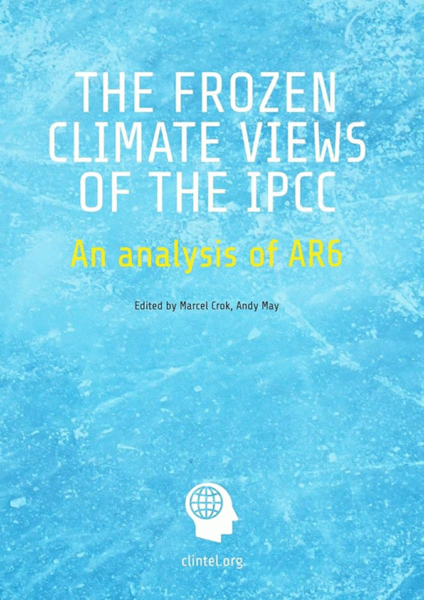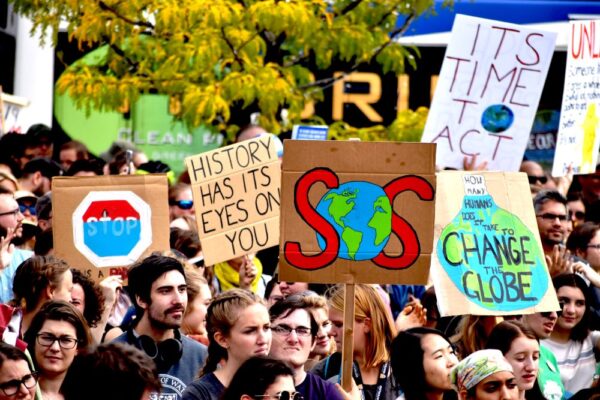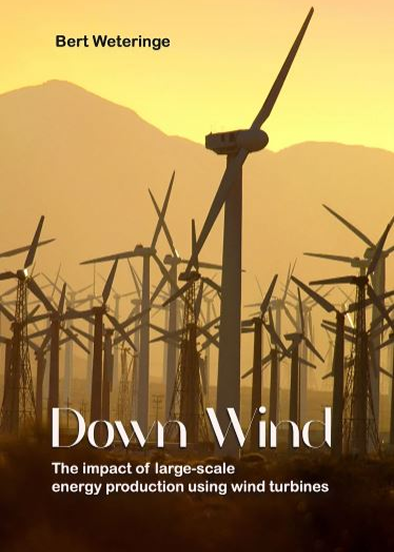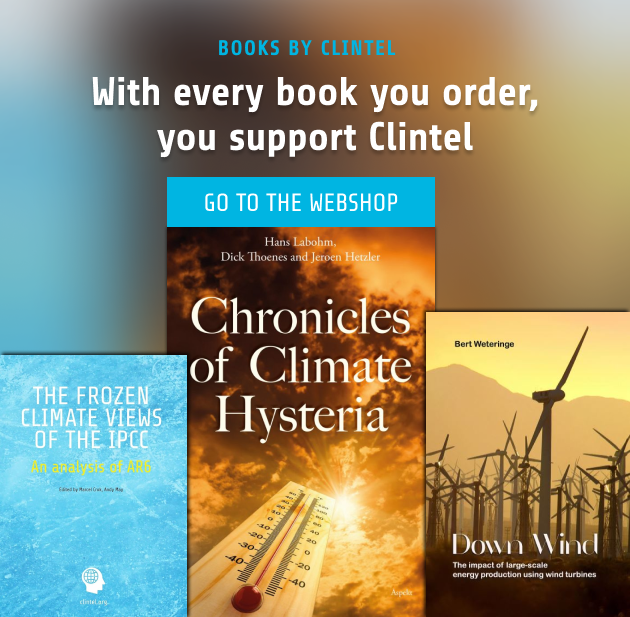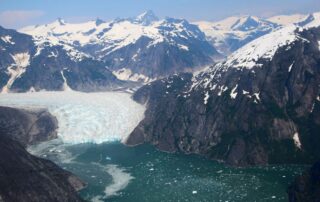Opinion: We need a debate on climate science and policy
Our governments have spent upwards of $200 billion combating climate change. Canadians are owed a review of the costs and benefits. The billions of dollars donated to environmental NGOS have allowed activists to drown out the voices of climate realism, write John Zacharias, H. Sterling Burnett and Tom Harris.
By John Zacharias, H. Sterling Burnett and Tom Harris, originally published in the Financial Post.
Recent developments in the United States offer an opportunity for public debate in Canada concerning the cost and impact of our governments’ embrace of net-zero climate policies. On July 29 the U.S. Department of Energy published a clear-eyed report on the state of climate science, while on the same day the Environmental Protection Agency proposed withdrawing the “endangerment finding” that greenhouse gases, primarily carbon dioxide (CO2), are a threat to human health and welfare.
For four decades, activists, politicians, many scientists and mainstream media have told the public that “the science is settled”: human greenhouse gas emissions cause dangerous climate change. They have enforced this orthodoxy by shutting down debate about the causes and consequences of climate change. The “Climategate” emails hacked in 2009 revealed a campaign to ensure climate realists were increasingly shut out. Mainstream media then effectively censored climate skeptics, labelling them climate change “deniers,” unworthy of being heard.
Yet thousands of dissenting scientists have signed the Global Warming Petition Project, which says there is no convincing scientific evidence greenhouse gases are causing or “will, in the foreseeable future, cause catastrophic heating of the Earth’s atmosphere and disruption of the Earth’s climate,” while hundreds more have been cited in the various reports of the Non-governmental International Panel on Climate Change.
Canada has its own prominent climate realists: climatologist Tim Ball, economist Ross McKitrick, who appears frequently in these pages, Steve McIntyre, founder and editor of Climate Audit, and organizations like the Friends of Science and the International Climate Science Coalition. They have argued that the causes and effects of recent modest climate changes are largely unknown, and there is little evidence they are making weather worse or otherwise threatening human health or welfare.
But the billions of dollars donated by international foundations, philanthropists and governments to environmental NGOS have allowed activists to drown out the voices of climate realism. Government agencies have also been weaponized against them. For example, in May 2016, following a complaint by the environmental organization Ecojustice, Canada’s Competition Bureau (of all places) notified three climate-skeptical groups they were being investigated for publishing supposedly misleading statements about climate change. The bureau’s investigation ended in mid-2017 when it notified two of the groups being investigated that, although further action would not be taken at that time, the inquiry could be reopened at any future date.
The most recent assessment report of the UN Intergovernmental Panel on Climate Change (IPCC) acknowledged (in Chapter 12, Table 12, p. 1,856) that there is little to no evidence that emissions have caused identifiable changes in the frequency or intensity of natural disasters. For example, the IPCC assessed “low confidence” for observed changes in the magnitude or frequency of floods at the global scale. Yet neither climate science nor climate policy effectiveness is properly debated at UN climate conferences.
In Canada, the situation is dire. The federal government has spent between $150 and $220 billion on climate change in the past 10 years but with no meaningful impact. Prime Minister Mark Carney has long been dedicated to the net-zero framework and remains so. Although the largest Canadian banks have withdrawn from the global financial alliance he headed up, each says it will continue to pursue net-zero goals and develop climate mitigation strategies outside the alliance.
With the federal debt standing at $1.25 trillion and proposals in place to continue spending billions if not trillions more dollars to address climate change, Canadians are owed a thorough review of progress to date. The new U.S. report provides an opening for such a discussion. Among other things, it: debunks claims climate change is causing worsening extreme weather events; explains why rising CO2 levels may have a declining influence on global temperatures and encourage global greening that will reduce starvation; and examines the many poorly understood natural factors that complicate the attribution of climate change to human energy use.
All this is forcing American climate alarmists to start taking seriously problems climate realists have long raised with predictions of pending climate catastrophe. This same debate should be happening in Canada — not least because the EPA’s withdrawal of the endangerment finding means Canadian industries will become even less competitive unless Ottawa rescinds its own determination that CO2 is a toxic pollutant.
As a leading player in our economy, Canada’s financial sector should take the initiative in sponsoring open discussion, perhaps including televised debates, on the benefits and harms of our present path to net zero. For the first time, many Canadians will hear that costly efforts to “stop climate change” are a futile and unnecessary waste of resources that threatens the country’s prosperity and unity. Our children and their children will not forgive us if we let this opportunity pass.
John Zacharias is a director of Canadians for Sensible Climate Policy. H. Sterling Burnett is director of the Arthur B. Robinson Center on Climate and Environmental Policy at The Heartland Institute. Tom Harris is executive director of International Climate Science Coalition – Canada.
more news
Climate change computer projections are manifestly false and dangerously misleading
The alleged threat to the planet from human caused climate change has been at the forefront of Australian politics over the recent half century. Every year, just before meetings of the UN Conference of the Parties (COP) to the Climate Change Convention, slight increases in atmospheric carbon dioxide and global temperature are portrayed in the media as harbingers of future doom. Every extreme weather event is made out to be an ill omen of what is to come unless fossil fuels are eliminated.
Glacier fluctuations don’t yet support recent anthropogenic warming
Holocene glacier records show that glaciers worldwide reached their greatest extent during the Little Ice Age and were generally smaller during earlier warm periods. While glacier length is a valuable long-term regional climate indicator, the evidence does not clearly support the idea of uniform, synchronous global warming.
Challenges to the CO2 Global Warming Hypothesis: (13) Global Warming Entirely from Declining Planetary Albedo
Is the recent warming the result of less reflection of sunlight by the Earth? Two researcher state that declining albedo — not CO₂ — dominates the temperature trend.
